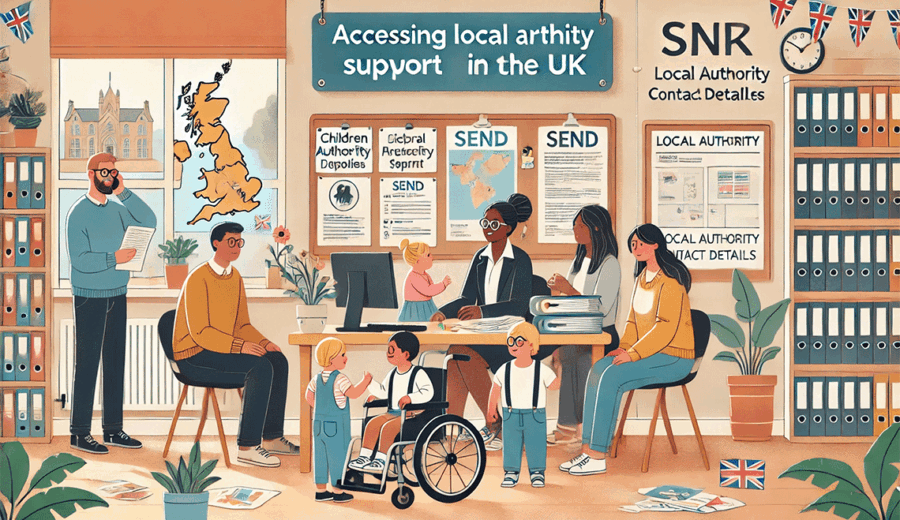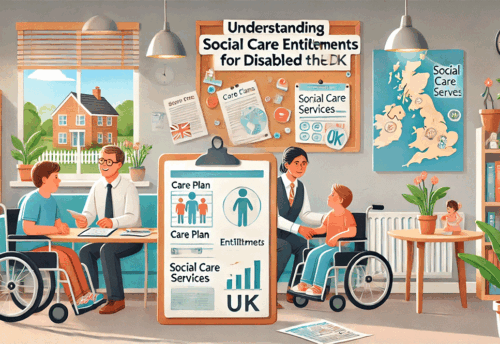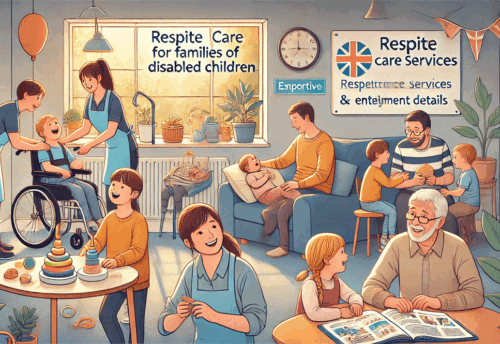
Support for SEND Families in the UK
How to Access Local Authority Support for SEND Families in the UK
Navigating the support available for families with children who have Special Educational Needs and Disabilities (SEND) in the UK can feel overwhelming. However, understanding the processes and resources provided by local authorities can make a significant difference. Here’s a step-by-step guide to accessing local authority support:
1. Understand What Local Authorities Provide
Local authorities are responsible for offering various services to SEND families, including:
- Education Support: Access to special schools, Educational Health Care Plans (EHCPs), and tailored learning.
- Health Services: Therapy services such as speech and occupational therapy.
- Social Care: Short breaks, respite care, and family support workers.
- Information and Advice: Local Offer websites provide a comprehensive directory of available services.
2. Start with the Local Offer
Every local authority in England is required to publish a “Local Offer” online. This resource outlines:
- Educational settings for SEND children.
- Access to financial support like Disability Living Allowance (DLA).
- Local charities and support groups.
Where to Find It?
Visit your council’s website and search for “Local Offer” or visit the GOV.UK portal for direct links.
3. Request an Educational, Health, and Care Plan (EHCP)
An EHCP is a legally binding document outlining the educational, health, and social care needs of a child and the support they require. Steps include:
- Application: Parents or schools can apply.
- Assessment: A statutory assessment determines eligibility.
- Drafting and Review: The plan is reviewed annually to adjust for the child’s evolving needs.
4. Access Social Care Services
For families needing additional support, local authorities can assess the family’s needs through a:
- Carer’s Assessment: For parents or caregivers.
- Child’s Needs Assessment: To identify support for the child.
Support may include:
- Assistance with personal care.
- Help accessing leisure activities or short breaks.
5. Seek Advocacy and Mediation Services
If you face challenges accessing services or disagree with decisions:
- Use SENDIASS (SEND Information, Advice, and Support Services) for impartial advice.
- Consider mediation before escalating to a tribunal.
6. Engage with Support Groups and Networks
Local charities and parent support groups can provide additional guidance. Popular networks include:
- Contact: Offers support and resources for SEND families.
- National Autistic Society: Tailored help for autism-related challenges.
7. Know Your Rights
Familiarize yourself with your rights under the Children and Families Act 2014 and the Equality Act 2010. These laws ensure equal access to education and services for SEND children.
8. Communicate with Schools and Healthcare Providers
Schools, therapists, and healthcare providers are crucial partners. Collaborate with them to ensure a unified approach to your child’s development and well-being.
9. Appeal Decisions if Necessary
If a service or support is denied:
- Submit a formal complaint to the local authority.
- Appeal EHCP decisions through the Special Educational Needs and Disability Tribunal.





Leave a Reply